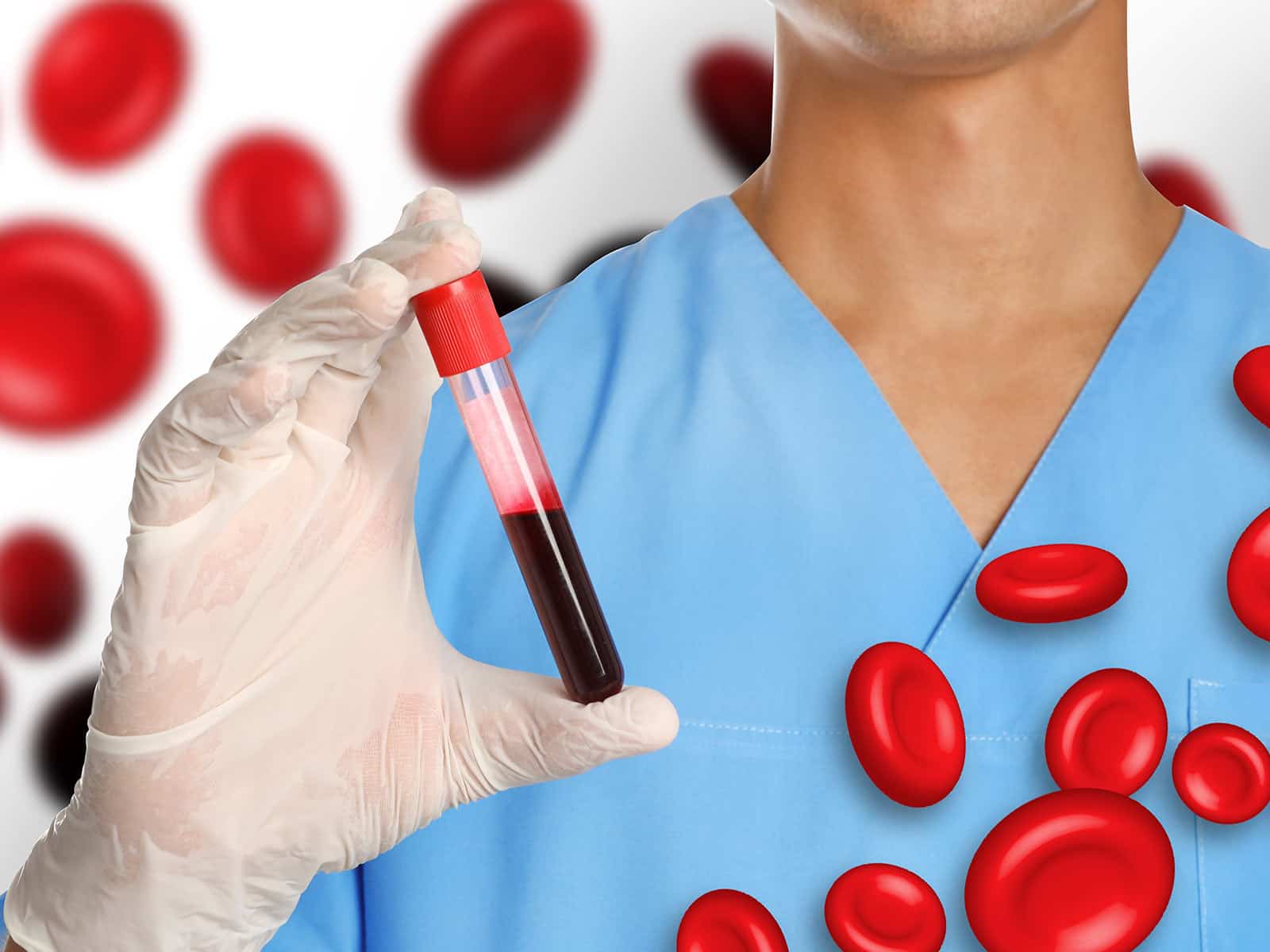
Blood loss acute anemia happens when your body is making an excessive loss of blood over a brief time that leads to the immediate reduction in the count of red blood cells and limits the amount of oxygen that reaches body organs. The condition can come about in minutes to hours following surgery, trauma, internal bleeding or other significant hemorrhagic circumstances and it needs to be assessed and managed promptly.
The symptoms are usually unexpected and they can involve:
Absacute blood loss anemia could be induced by several causes, among them being:
First in GastroDoxs in Cypress, there is health and safety. The timely and high-quality treatment of acute anemia caused by blood loss is offered by our specialists-they offer modern diagnostics, timely transfusion, endoscopic therapy and individual follow-up. You also make us orient you into ICD-10 coding and billing so that you have a stress free visit. We have nothing to lose: contact us at 832-476-1649 or Visit our booking page and ensure that you Book Your Appointment Online Now in order to be on the road to recovery.
We've successfully treated more than 472 patients, helping individuals improve their digestive health and overall well-being through expert, personalized care.
With over 20 years of experience, GastroDoxs has been a trusted provider of gastroenterology care, focusing on delivering the best outcomes for patients
Acute posthemorrhagic anemia (acute anemia due to blood loss) will be allocated the appropriate ICD-10 code of D62.
Diagnosis is done through testing of the blood level of hemoglobin and the hematocrit level, imaging (CT scan or ultrasound) and endoscopic (colonoscopy or endoscopy) when the bleeding in the gastrointestinal tract is suspected.
Acute anemia may also be brought about by blood loss during the operation or by medications that make blood thin (anticoagulants), this leads to intense and sudden loss of blood.
Yes. Bleeding in the stomach or the intestines- of any cause, such as ulcers, tumour, or inflammatory disorder- is one of the most frequent causes of acute bleeding anemia.
Therapy in GastroDoxs at Cypress is conducted in IV fluids, blood transfusion, endoscopic or surgical procedures to avoid bleeding, iron supplementation therapy, nutrition support, and personal follow-up.
The symptoms usually crop up within a few hours once the bleeding is excess but this could not be the case based on the quantity of blood lost and the overall body health of the patient.
You must seek the attention of a gastroenterologist in case of sudden weakness, dizziness, shortness of breath, internal bleeding (black or bloody stools), and excess heartbeat.
Yes. GastroDoxs is a medical institution that is located in Cypress and it provides acute anemia because of blood loss, and its urgent care and professional examination is typically provided within the same day.
The sudden onset of acute anemia within hours/days happens due to sudden bleeding whereas the gradual onset of chronic anemia over weeks/months is often due to slow bleeding or nutritional deficiency.
Prevention entails the consideration of all the post-surgical medical recommendations, the intake of medications, which affect clotting, nutrition with a balanced diet rich in iron and B-vitamins, and frequent checkups to reverse potential difficulties in good time.